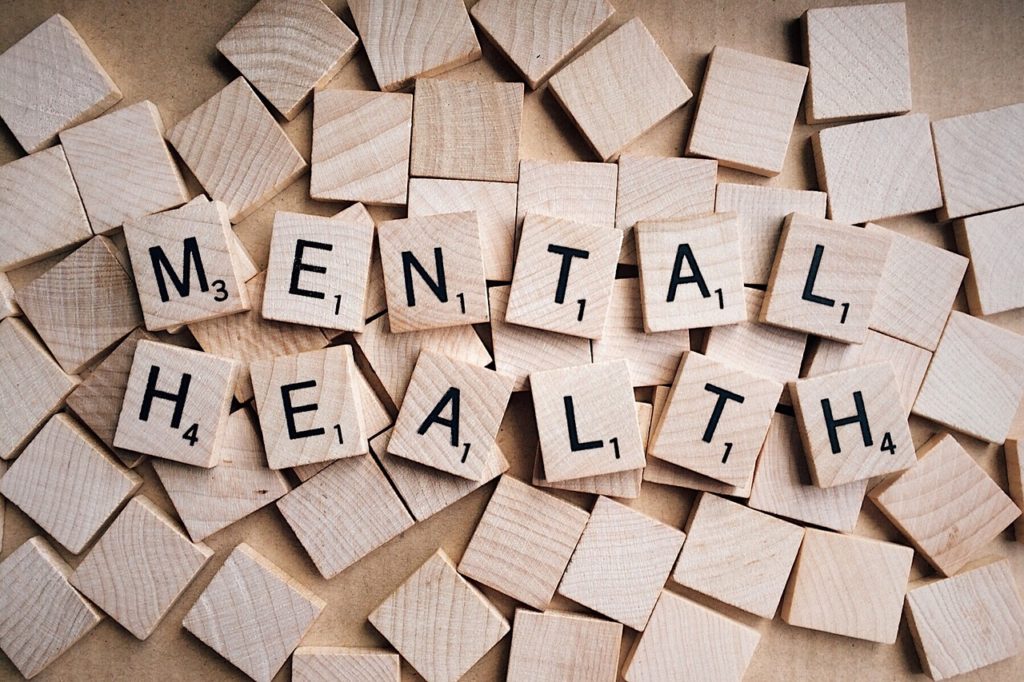Health
Mental Health Helpline Goes Online
By Evie Newman
Spectrum staff
To broaden its mental health services to students, New York University plans to add an online chat service to its current list of services, which include a telephone hotline and a walk-in clinic. The online chat tool goes live August.
The services are offered through NYU’s Wellness Exchange, which also accepts emails from students who want to see a licensed mental health counselor.
The chat tool, NYU wellness professional said, lets students contact them via the Internet, which many college students use with ease and comfort.
“Even though we are an academic institution, and our primary mission is to provide college degrees for students, they can’t do those things unless they are healthy,” said Zoe Ragouzeos, assistant vice president of NYU Student Mental Health.
The Wellness Exchange’s mental health services mainly consist of walk-in counseling sessions, short-term counseling by appointment, psychiatric medication management and “toolkits” classes to groom students in how to better deal with stressors. Except for the psychiatric services, which are provided by a medical doctor, all of the services are free. Also, students can meet with counselors 10 times before they are referred to outside health care providers.
Easily accessible mental health services are vital. According to the National Alliance on Mental Illness, one in five young adults will face a mental health challenge that may demand professional care. They are somewhat independent but still dependent on their parents. They are developing new relationships outside what, for many, has been the shelter of home. They may be confronting whether or not to be sexually active or do recreational drugs. They might develop anxiety or depression, or experience a worsening of those pre-existing illnesses.
Getting help with those and other mental health matters is no longer as difficult as it used to seem, Ragouzeos said. “More people are feeling less stigma about coming in for care, which we think is a very good thing,” she said. “people are coming to college with mental health issues, and so they have language for discussing these and making requests and asking for what they need and so that has resulted in an increase.”
NYU informs students about these services by detailing them in a letter sent during the summer. It places the hotline number on the back of all NYU I.D. cards, and reminds students of that number during a theatrical show at freshmen orientation.
Anna Grace Pelto, who will be a sophomore in the fall, said of the show. “I know that we have it, and at the beginning of the year at the orientation it is ‘2124439999.’ And the reason why I know that is cause they do the comedy-like reality show and they say that literally so many times during the show that its drilled into your head.”
But not all think the show is in good taste. Hannah Bib, who will be an NYU junior in the fall, said, “Something that might be detrimental to some kids is that we make fun of the Wellness Exchange number … They sing it so many times at orientation that kids might see calling for help a little bit of a joke sometimes.”
Ultimately, NYU’s mental health mission is clear, Ragouzeos said.
“It becomes important to allow students to enter the building in various ways, in ways they feel comfortable,” she said. “[So], that they are willing to give it a try and ask for help. We [NYU] want them to give it a try and ask someone for support if they’re struggling.”


